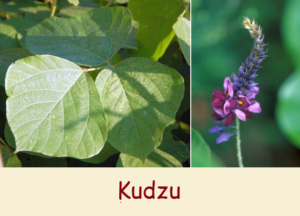 Everyone living eats. Some love “junk food”. Some are more judicious. We will discuss some super health foods even most health food nuts won’t eat.
Everyone living eats. Some love “junk food”. Some are more judicious. We will discuss some super health foods even most health food nuts won’t eat.
Purpose of Eating
Food. There are many reasons for eating food. For one thing, it stokes the furnace, that is it provides the needed calories to keep us going. It also contains sufficient nutrients to rebuild our bodies. And, it just plain tastes good. Well, most of it does. There are foods some of us avoid because we have to. There are foods some of us avoid because we want to. We could talk for hours about delicious junk food. But we’re going to discuss the other kind.
Health Food
The shifting health/medical perspectives result in an ever-changing list of food identified as healthy-eating or health foods. The list consistently suggest foods high in cholesterol and triglycerides, sugar and salt, should not be consumed in quantity. Thus, a discussion of healthy eating includes not only what should be eaten, but what shouldn’t be eaten.
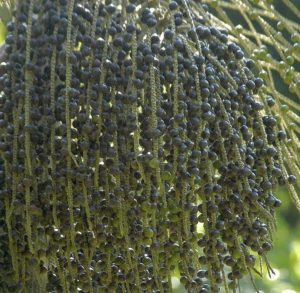
Current examples of foods receiving the thumbs-up award for people in general, are those rich in anti-oxidants (foods that fight “free radicals”), such as certain omega-fatty acids. Fats, while limited, may be used if they are (usually) mono- or poly- unsaturated fats or oils. In general, fresh fruits and vegetables are highly recommended, with at most only a small portion of meat (very little of that being red meat) being “allowed”. For protein, eating nuts and other substitutes is encouraged.
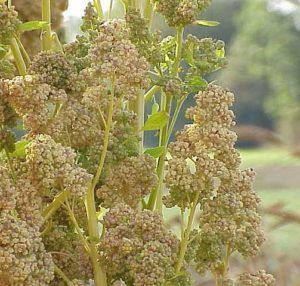
Finally, there are other “miracle” foods that health-food advocates (and, of course, the commercial world) encourage. Foods such as tofu, açai berries, quinoa, garbanzo beans, and so forth. Combinations and mixtures are currently popular, for instance, the “smoothie”. But what if someone suggested there were super health foods even health food advocates have probably never considered?
Super Health Food
Let’s briefly consider some super health foods, health foods of the future (maybe)… We touch on nutritional value, taste, and availability.
Autumn Olive (Elaeagnus umbellata)
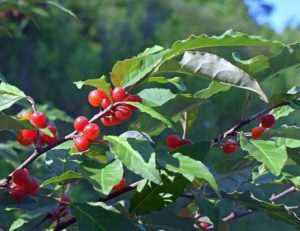
Wild autumn olive fruit is rich in carotenoids and contains 5 – 20 times as much lycopene as the tomato. They are also very rich in vitamins A, C, and E. They are said to have a flavor resembling a cross between currant and cranberry, making them suitable for jelly and fruit-containing confections. Still, this plant is considered an invasive weed by government agencies.
Purslane (Portulaca oleracea)
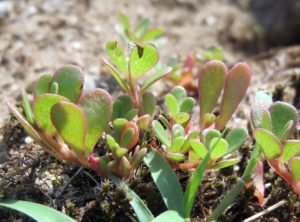
Purslane contains more omega-3 fatty acids than any other leafy vegetable. It is eaten both raw and as a cooked vegetable. It possesses a slightly salty, acidic flavor, due to the presence of oxalic acid. I have common purslane growing as a weed in the grass of my lawn. Want some? Bring your mower to my place; you can have all you want.
Stinging Nettle (Urica dioica)
While stinging nettle clearly requires some preparation before it is suitable for consumption, it is very nutritious: rich in protein, minerals found in sting nettle include iodine, magnesium, potassium, phosphorous, silica and sulfur. Steamed or boiled as a vegetable, the resultant liquid can be served unsweetened as tea.
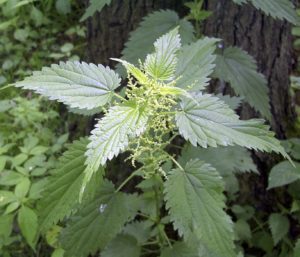
Kudzu (Pueraria montana)
If you live in the South (U.S.), you’ve seen what looks like a sculpture of leaves totally covering segments of roadside trees and shrubs. In fact, it can be so dense, trees die from lack of sunlight! This plant of Asian origin was brought to Philadelphia in its 1876 Exposition. It was once considered for cattle forage. Truth be told, cows love it. But cows don’t climb trees, do they? So why would anyone want to eat kudzu?
It’s prolific. Also, it’s cheap. And it can be consumed in a variety of forms. The flowers can be used to make jelly or syrup. Roots provide starch, useful in cooking. Smaller leaves may be prepared like spinach.
In Conclusion
In these times, when such crazy things as preparing antibiotics from dirt are possible, it should come as little surprise what we are learning about, not only what can be eaten, but what constitutes healthy eating. Are you open-minded enough to give these foods a shot?
Having said that, I will confess I am not all that open-minded myself. And if you desire to include some of the above plants in your larder, be sure you know the ins-and-outs before you put them “in” your mouth.
Note: You might also enjoy Is Eating Beef Liver Bad for You?
References:
- Journal of the American Oil Chemists’ Society: Omega-three fatty acids in purslane (Portulaca oleracea) Tissues
- USDA National Agricultural Library: Autumn Olive: A Potential Alternative Crop
- Livescience.com: The Five Healthiest Backyard Weeds
- myPalmBeachPost.com: Kudzu is edible: Here’s how to eat it
Photos:
- Kudzu Leaves (edited): CCA-SA 3.0 Unported by Bubba73 (Jud McCranie)
- Acai: CCA-SA 3.0 Unported by CostaPPPR
- Quinoa: CCA-SA 3.0 Unported by Kurt Stueber
- Stinging Nettle: CCA-SA Unported by MPF
← Back to Food and Health
← Home
